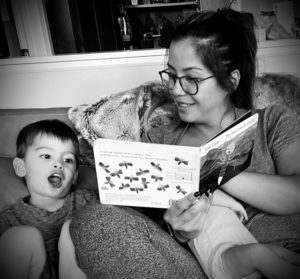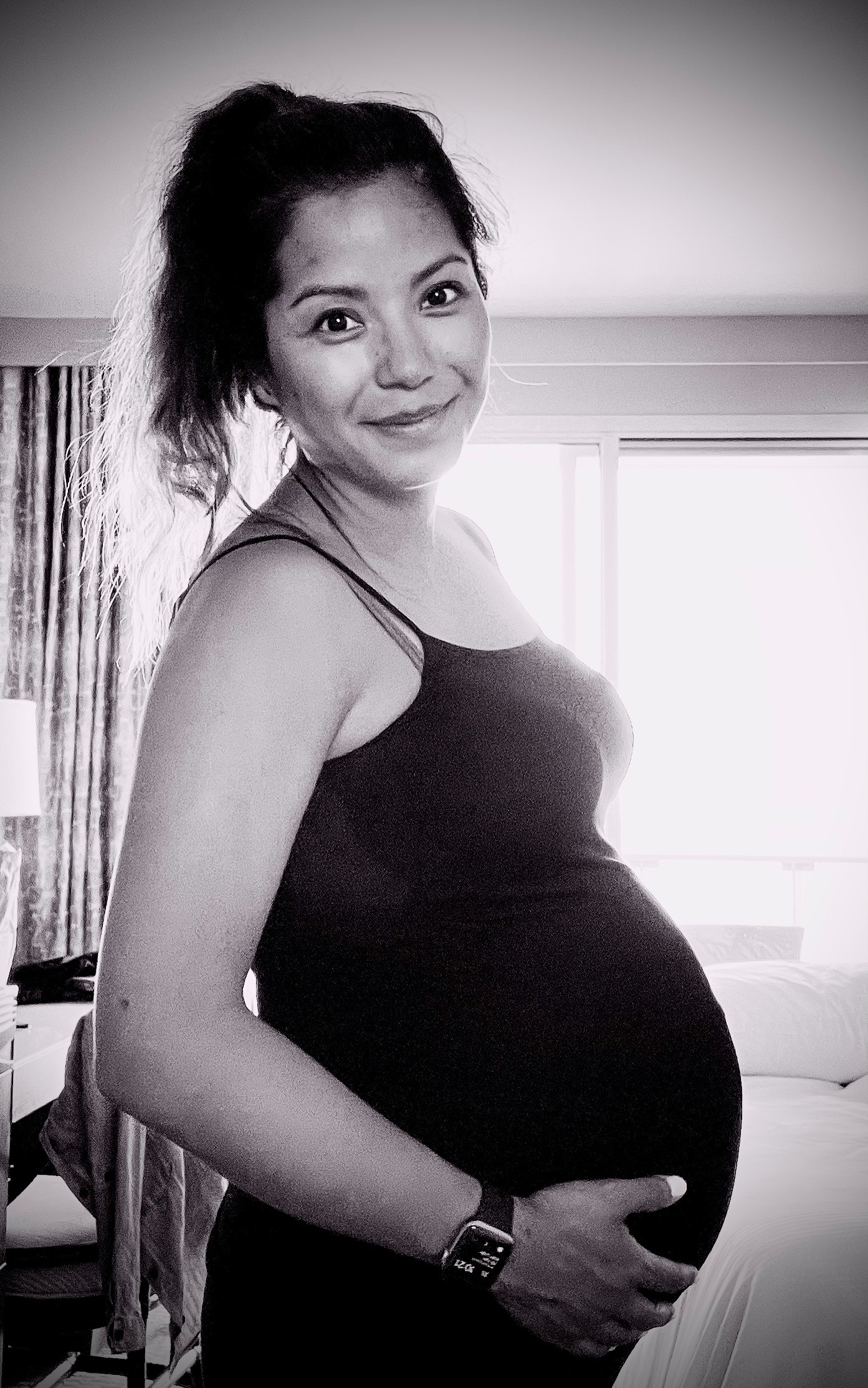A Letter From One Postpartum Cardiology Fellow To Another
Dr. Postpartum Mom,
Congratulations on bravely bringing a precious life into the world! The morning sickness, exhaustion from the physical demands of pregnancy while taking call, performing procedures in the cath lab, and extinguishing fires in the CICU are all behind you! However, the anxiety of maintaining academic productivity, continuing self-directed learning, preparing for multiple board certifications, and looking for post-training opportunities are some of the newer undertakings you may be experiencing, all while balancing the postpartum physical recovery, sleep deprivation and caring for a newborn life.
I, myself, am 5 weeks postpartum with my second child (I had both during cardiology fellowship) and feel a sense of urgency to not “waste” my maternity leave and instead be productive with research, studying, and getting back to my prepregnancy weight. I am writing this letter with the hope that reading about my experience may resonate with you.
I will preface by stating that I am no expert on how to be great at everything: a mom, wife, cardiology fellow, and physically fit individual. But the following are pearls I have learned over the past 5 weeks and from my last maternity leave.
- Be realistic about what you’ll accomplish during maternity leave. I know most people will tell you to just focus on the baby since this is what maternity leave is for but if you’re like me, you’ll want to be productive in some other capacity while at home. Be forewarned, you may not do it all and may miss research deadlines and opportunities. Pick one or two small-to-medium project goals and try your best to complete them. Be honest with whom you’re collaborating with and give yourself grace.
- Hire help if you can afford to. I grew up in a very frugal household and my mother did everything herself (cleaning, cooking, and childcare). It has been difficult for me to solicit outside help because of my upbringing but I am learning that if my husband and I can afford to hire help, I will be able to focus more energy on physical activity, academic projects, and goal-setting. For example, we have a cleaning company come every 2 weeks and I have interviewed at least 3 sitters for help with my toddler and newborn. I recently vented to a friend about the guilt I feel hiring people to watch my babies while I’m physically at home, and her response truly resonated: “You can hire help with the tasks that keep you away from your kids like meal-prepping, cooking, laundry, and cleaning up. In turn, you will have more quality time with them.” Truth.
- Accept help when offered. In addition to family members, allow your co-fellows and friends to drop by precooked meals and watch the baby while you take a walk, exercise, or sleep for an hour or two. Don’t be embarrassed or shy about it. They offer because they genuinely want to help and you can always return the favor in the future.
- It’s impossible to study or maintain self-directed learning if you are sleep deprived.
Try your best to get as much sleep (easier said than done) and when you feel refreshed enough, study and read what you can. I tried making a daily schedule to stick to that includes a dedicated time slot to study, however I have continued to fail at adhering to it when my unpredictable baby decides to stay awake at night or sleep minimally.
- Each postpartum recovery period and maternity leave are unique and different.
My first maternity leave was during first year of cardiology fellowship and it was more challenging than my current leave. I was in a new city, had no family around, didn’t know what to expect and was learning how to be a new mother. Besides taking care of the baby, I spent the majority of my time sleeping, watching television, and dealing with transient postpartum blues. This time around I am much more prepared emotionally and physically and I am enjoying my time so much.
This may or may not have helped you. I want to reiterate that if you decide to do nothing but care for and cuddle with your newborn, that is enough and is an achievement in itself.
With love,
Kyla Lara-Breitinger, MD

“The views, opinions and positions expressed within this blog are those of the author(s) alone and do not represent those of the American Heart Association. The accuracy, completeness and validity of any statements made within this article are not guaranteed. We accept no liability for any errors, omissions or representations. The copyright of this content belongs to the author and any liability with regards to infringement of intellectual property rights remains with them. The Early Career Voice blog is not intended to provide medical advice or treatment. Only your healthcare provider can provide that. The American Heart Association recommends that you consult your healthcare provider regarding your personal health matters. If you think you are having a heart attack, stroke or another emergency, please call 911 immediately.”
